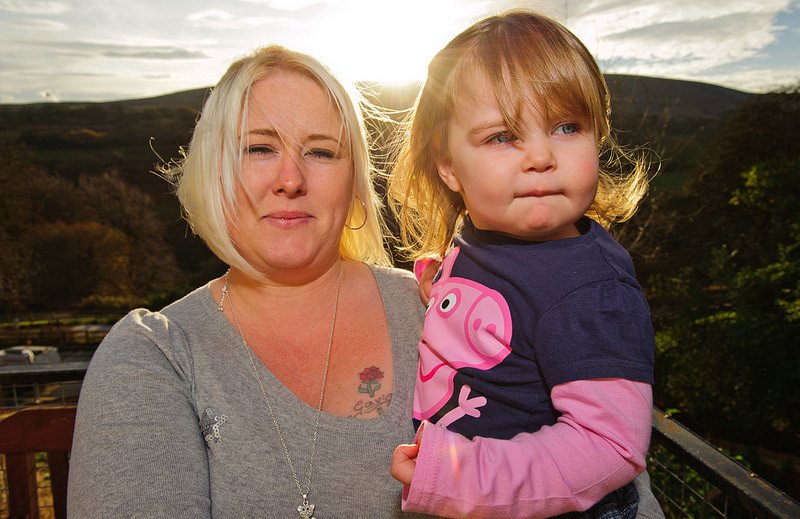 Poverty
Poverty 
Our Director considers if the Welsh Government always takes into account the views of those who are experiencing poverty when planning how to tackle it.
A few weeks ago I attended a Welsh Government conference on tackling poverty. Part way through the conference I tweeted that I thought the Welsh Government’s approach was ‘paternalistic’. It probably wasn’t the wisest move I’ve ever made, but it was certainly heartfelt. Why did I say that?
The focus is on behaviour and attitudes
In the course of the conference it struck me forcefully just how much of the current ‘tackling poverty action plan’ is focused on changing the behaviour and attitudes of people in poverty. For example, teaching people how to budget more effectively or to cook meals from scratch, helping people to prepare a better c.v. and apply for more jobs, or increasing people’s aspirations through work experience.
Now, people’s behaviours and attitudes – whatever their incomes – do make a difference. Whether or not to stay in education at 16, whether or not to leave a partner, or whether or not to stay in a home whose rent is not covered by housing benefit – all these things matter. And all these things can be addressed – to some extent – through providing effective education, support and advice.
But to focus only on behaviours and attitudes is to ignore the other half of the poverty story.
At least as important as individual choices and behaviours are so-called structural causes of poverty. Things like the number of jobs in the economy, their rate of pay, the quality of education in schools in disadvantaged areas, and access to and the affordability of goods and services.
Action to ‘tackle’ many of these causes of poverty is conspicuous by its absence in the Welsh Government’s approach. So its actions on financial inclusion are all about education, advice and low-cost credit. Important for sure, but there is nothing about how to address the underlying causes of financial difficulty – wages being too low or variable, a period of sickness, a delay or cut in benefit for example, or the need to pay for a new school uniform, a term’s home to school transport in advance or a new washing machine.
Listen to people
But the fundamental reason why I said the Welsh Government’s approach is ‘paternalistic’ is because it has no mechanism for listening to the views of people experiencing poverty. Its action plan is based on the views of a wide range of civil servants and professionals, not those of people on low incomes. Indeed, the Minister has recently rejected the recommendation of the Assembly’s Communities, Equality and Local Government Committee on this. At a time when working with people and engagement is to the fore in most other public services, the rejection of such an approach on what is claimed to be the Welsh Government’s number one priority is unusual to say the least.
The tackling poverty action plan reaches the end of its shelf life in a matter of months. Not only must the next government put a new one in place (hopefully focused on reducing poverty not just tackling it), it must listen to the people affected and address the structural causes of poverty.
Victoria Winckler is Director of the Bevan Foundation.



The Community Involvement Plans that Communities First clusters must produce should include mechanisms for input by not only the broader communities that clusters cover but those individuals in/at risk of poverty who access CF support themselves. Listening is central to this involvement. But CF can, and is, supporting people to not only be listened to but to begin to collectivise and take action themselves to address local factors that drive and aggravate poverty.
This is wholly different to mechanisms at government level and which inform the Welsh Government’s action plan, but it is something that is happening. Perhaps CF clusters and WG itself could, should, do more to shout about this